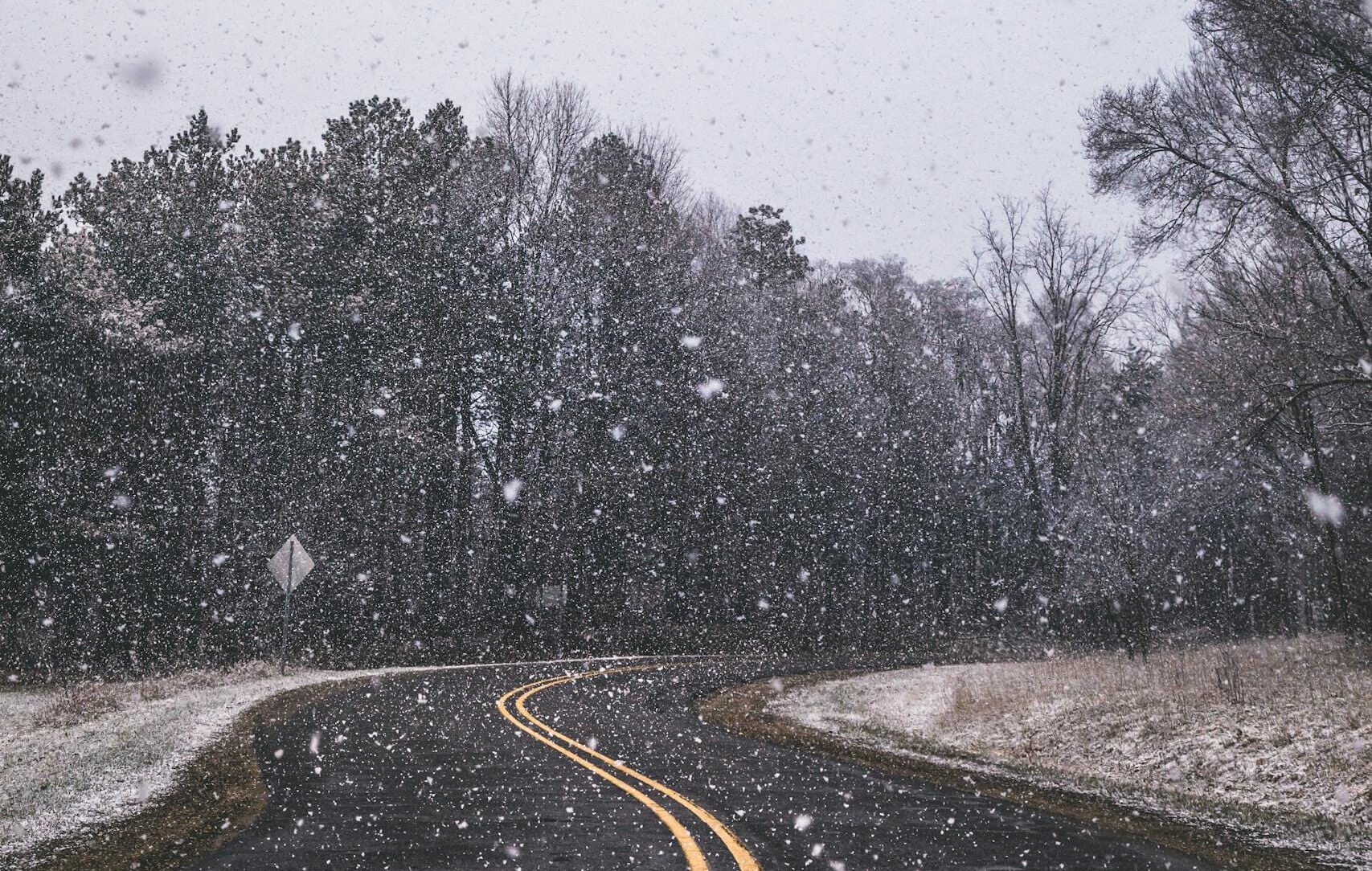What to Know About Filing a Winter Weather Car Accident Claim in Maryland

Winter is approaching, and along with holiday cheer, cozy sweaters, and hot cocoa, comes the increased risk of dangerous driving conditions. Snow, ice, sleet, and freezing rain are all part of Maryland’s winter landscape, creating a higher likelihood of accidents. For Maryland drivers, it’s crucial to know what steps to take if you’re involved in a weather-related accident and how to properly file a winter weather car accident claim in Maryland.
Steps to Take After a Winter Weather Car Accident
If you’re involved in a winter weather car accident in Maryland, following these steps can help ensure your safety and protect your rights:
- Stay Calm and Safe: First, check yourself and any passengers for injuries. If the car is in a dangerous spot, move it to a safer location if possible, but only if it’s safe to do so.
- Call for Help: Contact emergency services. Not only can they provide necessary medical aid, but they’ll also document the accident, which is important for your claim.
- Exchange Information: Be sure to exchange contact and insurance details with the other driver(s). Get their name, address, phone number, insurance information, vehicle make and model, and license plate number.
- Document the Scene: Take photos of the accident scene, vehicle damage, and road conditions. Also, jot down notes about weather conditions at the time of the accident, as these details will be relevant to your claim.
- Contact a Lawyer: Weather-related accidents can be complex, especially when determining liability. A car accident attorney can help protect your rights, navigate Maryland’s contributory negligence laws, and guide you through the claims process.
Understanding Maryland’s Fault and Contributory Negligence Rules
Maryland is a fault state, meaning that the driver deemed responsible for the accident is also liable for damages. If you’re a victim of a winter weather accident, you’ll typically file a claim with the at-fault driver’s insurance rather than your own. However, Maryland also has a strict contributory negligence rule, which can impact your ability to recover damages.
Under this rule, if you are found even 1% at fault for the accident, you’re barred from collecting damages from the other party. This rule makes it essential to work with an experienced attorney who can help establish that you were not at fault in any way. Determining liability can be challenging in winter weather conditions, especially when the adverse weather might have played a role. However, actions like driving too fast for the conditions or following too closely can still constitute negligence, even if weather is a factor.
Liability for Weather-Related Negligent Behavior
While bad weather may contribute to an accident, it doesn’t absolve drivers of their responsibility to drive safely. Maryland law expects drivers to adjust their driving to suit road conditions, which means slowing down in snowy, icy, or foggy conditions and leaving more space between vehicles. A driver who fails to do so may still be held liable if their actions are considered negligent.
For example, if a driver was speeding on an icy road and rear-ended your car, they could be found at fault. Likewise, if a driver was tailgating in poor visibility and caused a collision, their negligence would likely play a significant role in determining liability. Documenting such factors can strengthen your case, so be sure to capture any evidence that shows the other driver was driving unsafely for the conditions.
Maryland Winter Driving Safety Laws
While Maryland doesn’t mandate the use of snow chains or studded tires (except in declared snow emergencies), drivers are expected to use common sense and caution. Key winter safety laws include:
- Seat Belt Requirement: All drivers and passengers must wear seatbelts, regardless of road conditions.
- Headlight Requirement: Maryland law requires drivers to turn on their headlights whenever windshield wipers are in use. This improves visibility, especially during snow and rain.
By following these regulations and exercising caution, you’re not only protecting yourself but also strengthening your case should you be involved in a winter weather accident. Violating any of these regulations could impact your claim, as it might be considered contributory negligence.
Insurance Claims for Winter Weather Accidents
Filing an insurance claim after a winter weather accident can be challenging, as insurers may scrutinize your actions more closely, looking for any reason to argue you were partially at fault. To support your claim:
- Document Everything: Photos of the accident scene, notes on weather and road conditions, and contact information from witnesses can all bolster your case.
- Get Witnesses Involved: Witnesses can play a crucial role in supporting your version of events, particularly if the other driver tries to place blame on you.
- Consult an Attorney Early: A car accident attorney can help you gather necessary evidence, communicate with insurers, and negotiate on your behalf to maximize your chances of a successful claim.
Insurers are often quick to argue that weather was a significant factor and that both parties share blame. Having strong documentation and a reliable witness can help counter these claims.
A winter car accident can be slippery to navigate on your own. From icy roads to unclear liability due to bad weather, every factor can complicate your claim. If you’ve been involved in a weather-related car accident in Maryland, contact the Law Offices of Nicholas Parr in Baltimore, MD today to schedule your free consultation. We don’t receive a fee unless we win.


